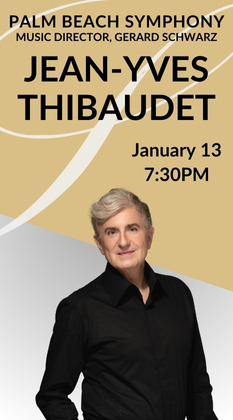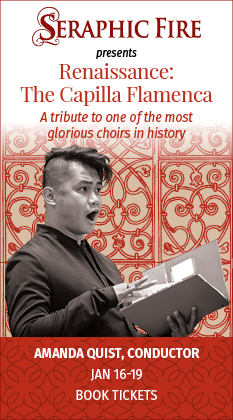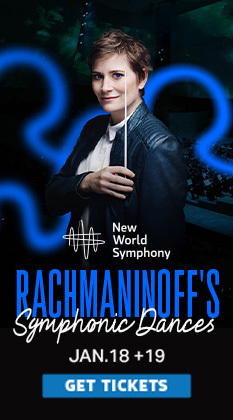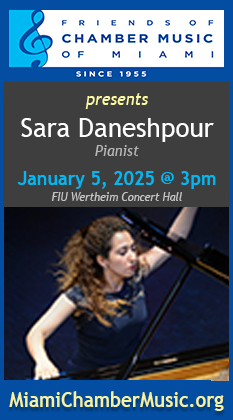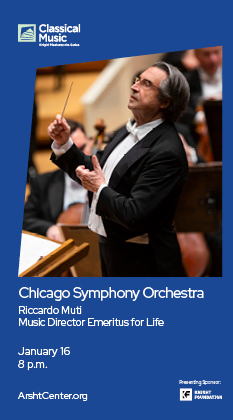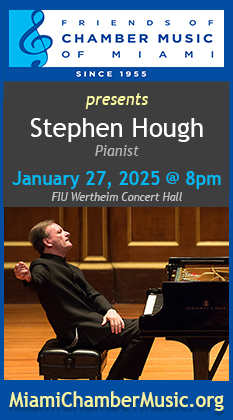KLR Trio at its finest in program for Friends of Chamber Music
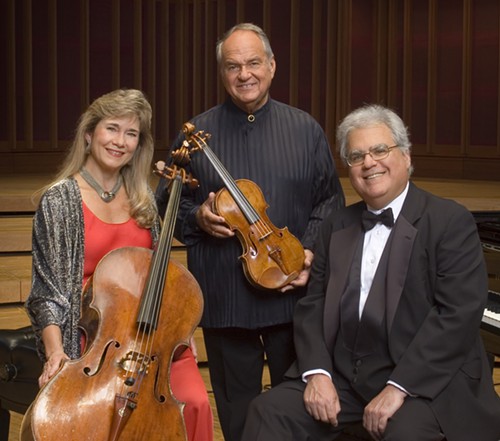
The Kalichstein Laredo Robinson Trio performed music of Schubert, Dvorak and Mendelssohn Sunday at Gusman Concert Hall. Photo: Fred Collins
Scores by three romantic masters formed the bill of fare when the Kalichstein Laredo Robinson Trio returned for what has become its annual performance on the Friends of Chamber Music series. Despite serious parking problems due to other events at the University of Miami, a large and enthusiastic audience was on hand Sunday afternoon at Gusman Concert Hall for a program of works composed within a fifty-year period, each showcasing the composer’s distinctive voice.
The swaying, barcarolle-like melody of Schubert’s Notturno in E-flat Major was aristocratically shaped, the violin, cello and piano beautifully blended. Pianist Joseph Kalichstein’s elegant and limpid phrasing of the principal melody against plucked strings contrasted with his assertive command in the more stormy central section. Finely graded dynamics enhanced an exquisite reading of this music, composed in 1827 just a year before Schubert’s death.
Dvorak’s Piano Trio No. 2 in G minor, written in 1876, is one of the Czech composer’s less often-played works but the score brims with the nostalgia, boisterous folk melodies and structural mastery of his finest chamber scores.
The trio gave a memorable performance of this splendid work. Opening with a wistful melody that is tossed between violin and cello, Sharon Robinson’s full-bodied cello tone, Jaime Laredo’s lean, sweet violin sonority and Kalichstein’s crystalline keyboard touch brought fervor to the first movement’s lyrical and turbulent episodes. Robinson’s cello solo encompassed the serene line of the Largo, the three instruments perfectly balanced. In the third-movement Presto, the figures were traded between the instruments at a rapid pace, giving the dance rhythms an energetic, brilliant pulse.
After the Dvorak trio, some scores might seem anticlimactic but Mendelssohn’s Trio No. 2 in C minor is a gem from the golden age of romantic music. One of Mendelssohn’s late works, the trio dates from 1845 (two years before his death) and belies his reputation as a composer of lightweight, easy listening score. This work is grandly conceived, filled with drama and passion.
The initial Allegro energico is atypically pensive and restless and was accorded a fiery, impassioned traversal. The trio’s superb collaborative skills imbued the long melody of the Andante espressivo with spontaneity, the teamwork tight and fluent. A light, quick Scherzo in the manner of the famous Octet was executed with accuracy and verve. The score’s final movement plunges back into the world of romantic angst with themes from earlier in the work recurring in cyclical manner. Soaring strings and bold pianistic strokes propelled ethe music’s intensity right up to the final bars.
A vociferous ovation brought two encores. Gershwin’s Summertime was accorded a blues-tinged reading. Robinson’s mellow sound led the noble melody of the Adagio from Beethoven’s Trio in B-flat Major, a graceful coda to an afternoon of first-rate music making.
The Friends of Chamber Music series continues 8 p.m. March 27 at Coral Gables Congregational Church with mezzo-soprano Wallis Giunta and pianist Ken Noda in a program of songs and arias by Weill, Britten, Monteverdi, Poulenc, Cole Porter and Stephen Foster. 305-372-2975; miamichambermusic.org.
Posted in Performances
Leave a Comment
Mon Feb 10, 2014
at 9:33 am
No Comments
